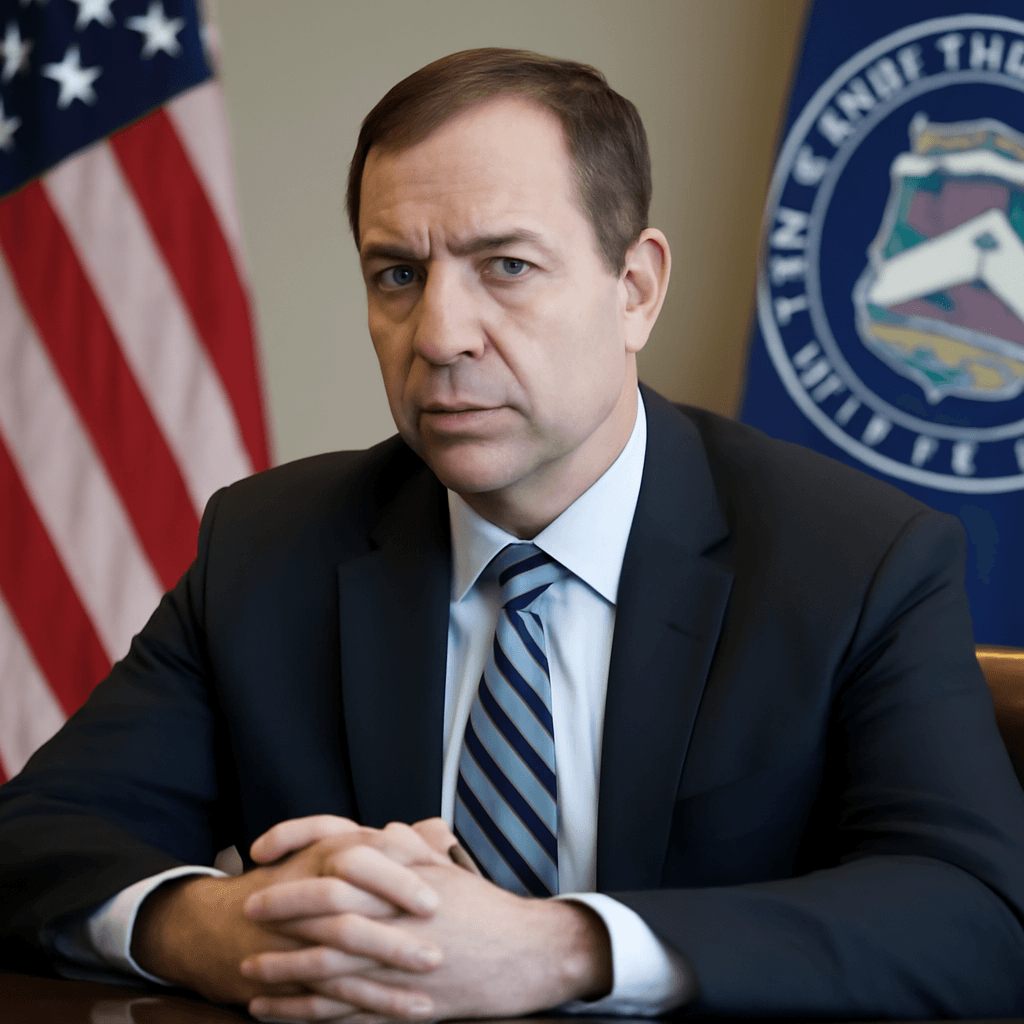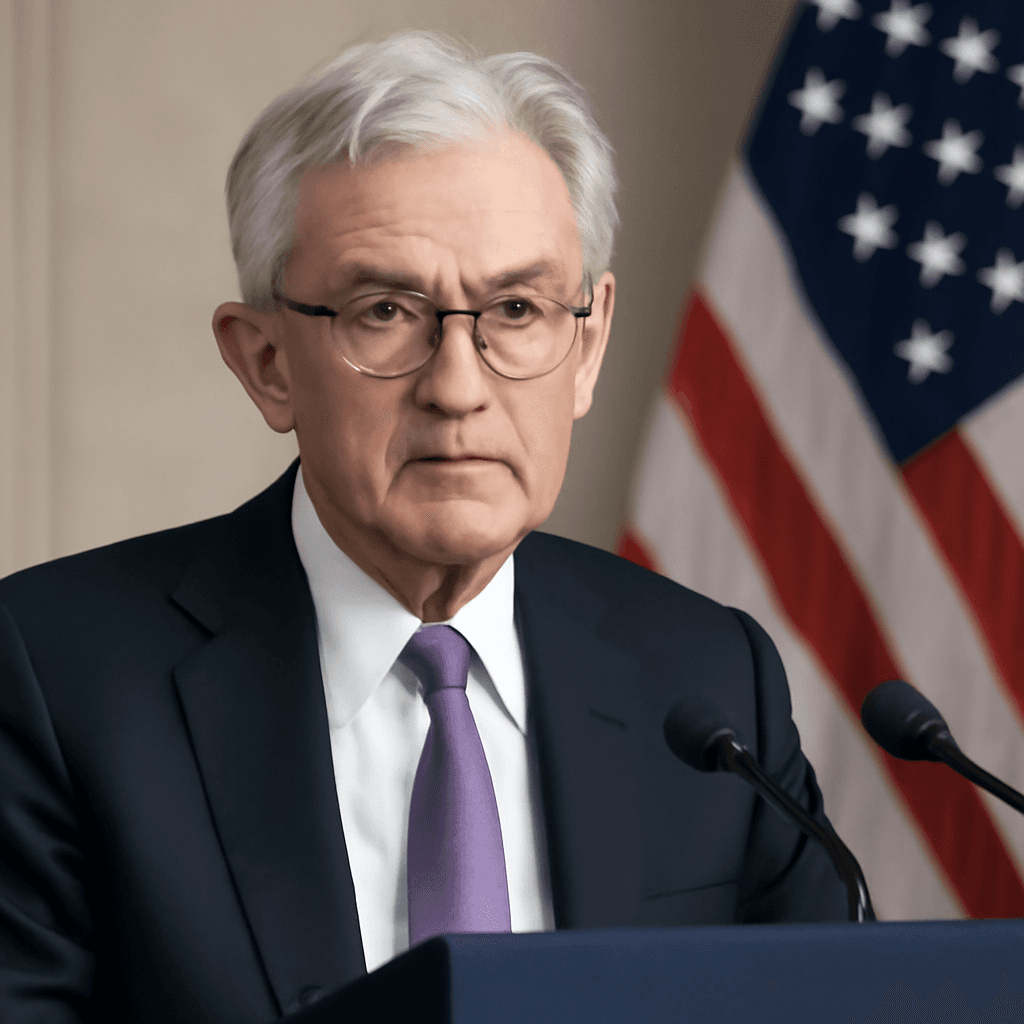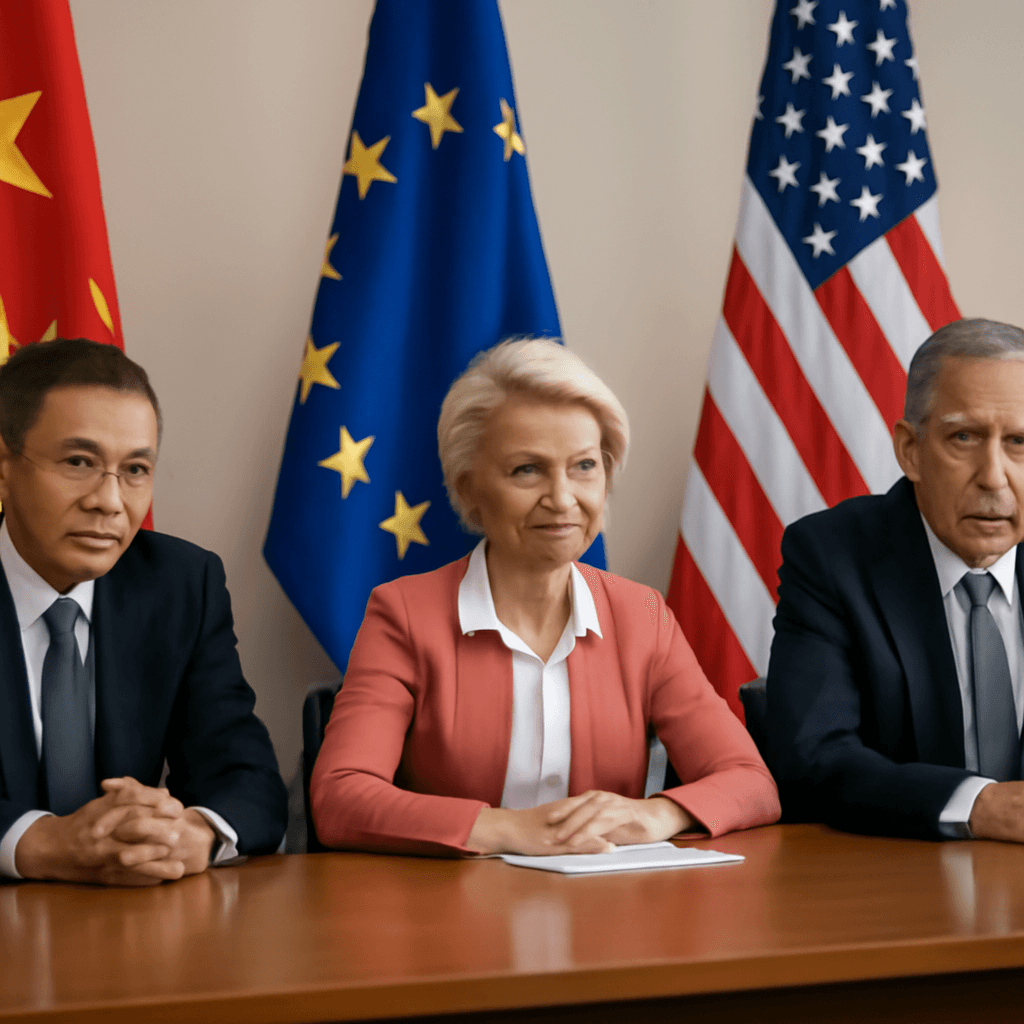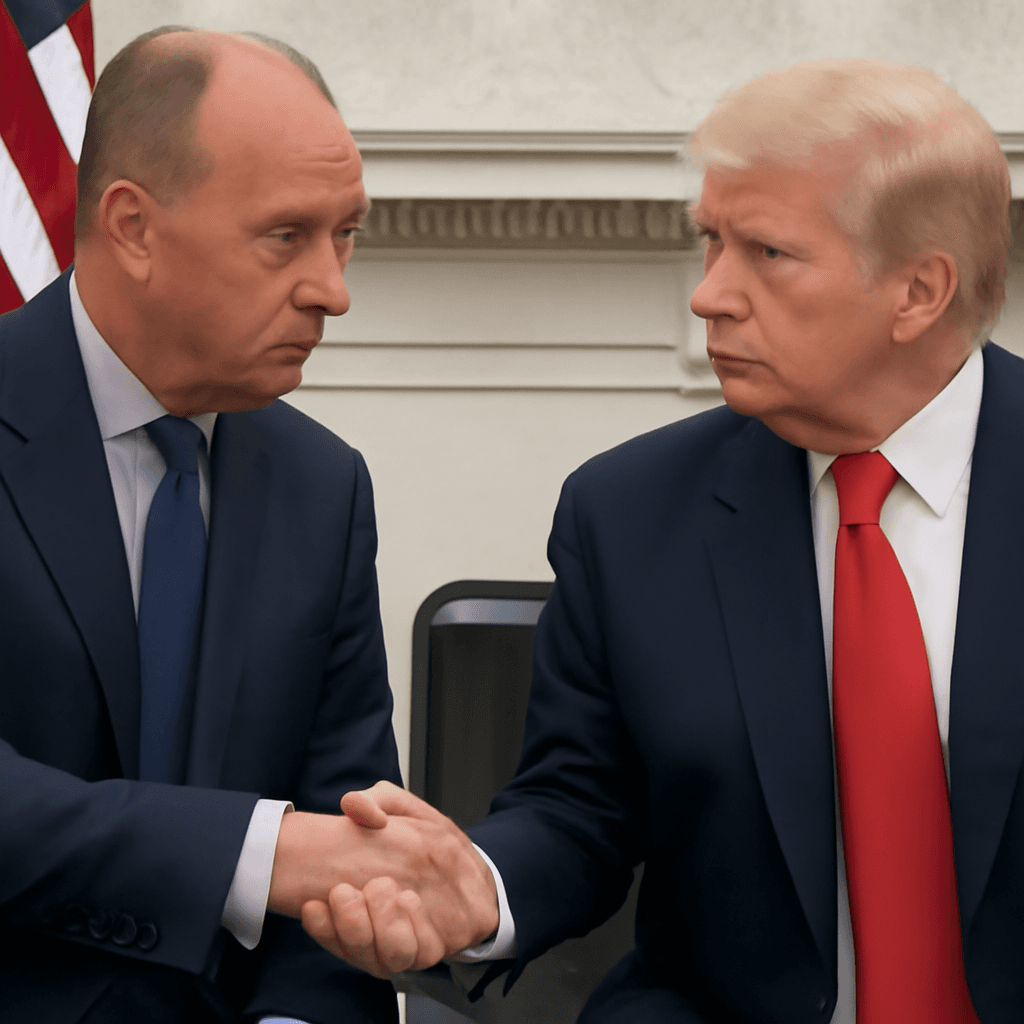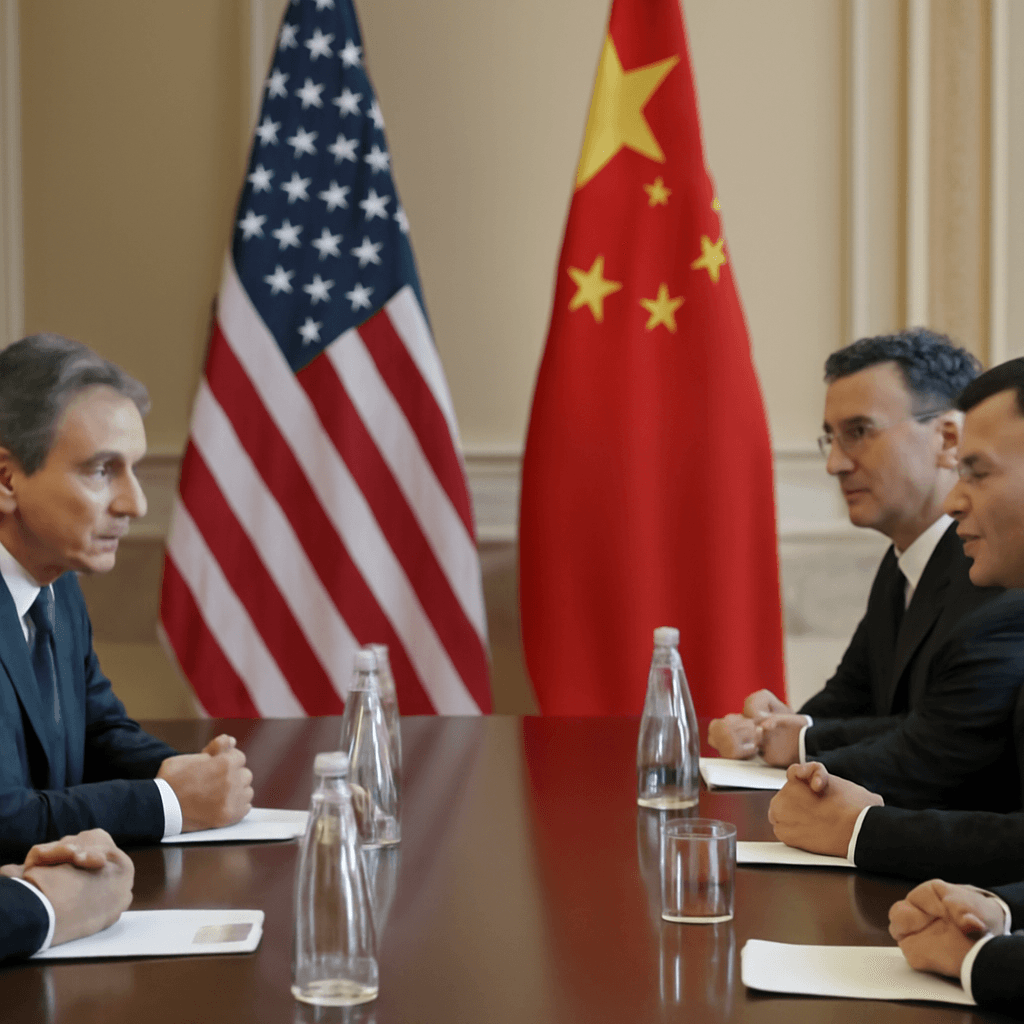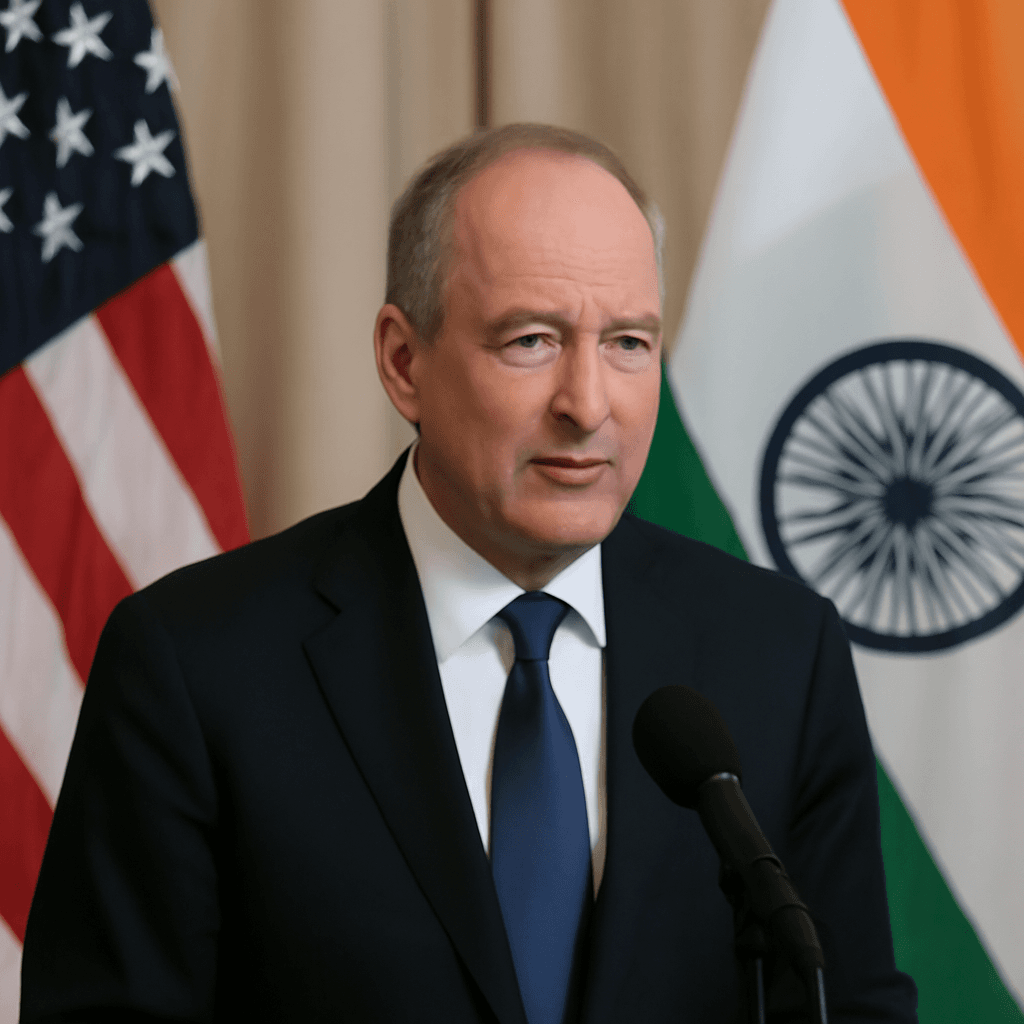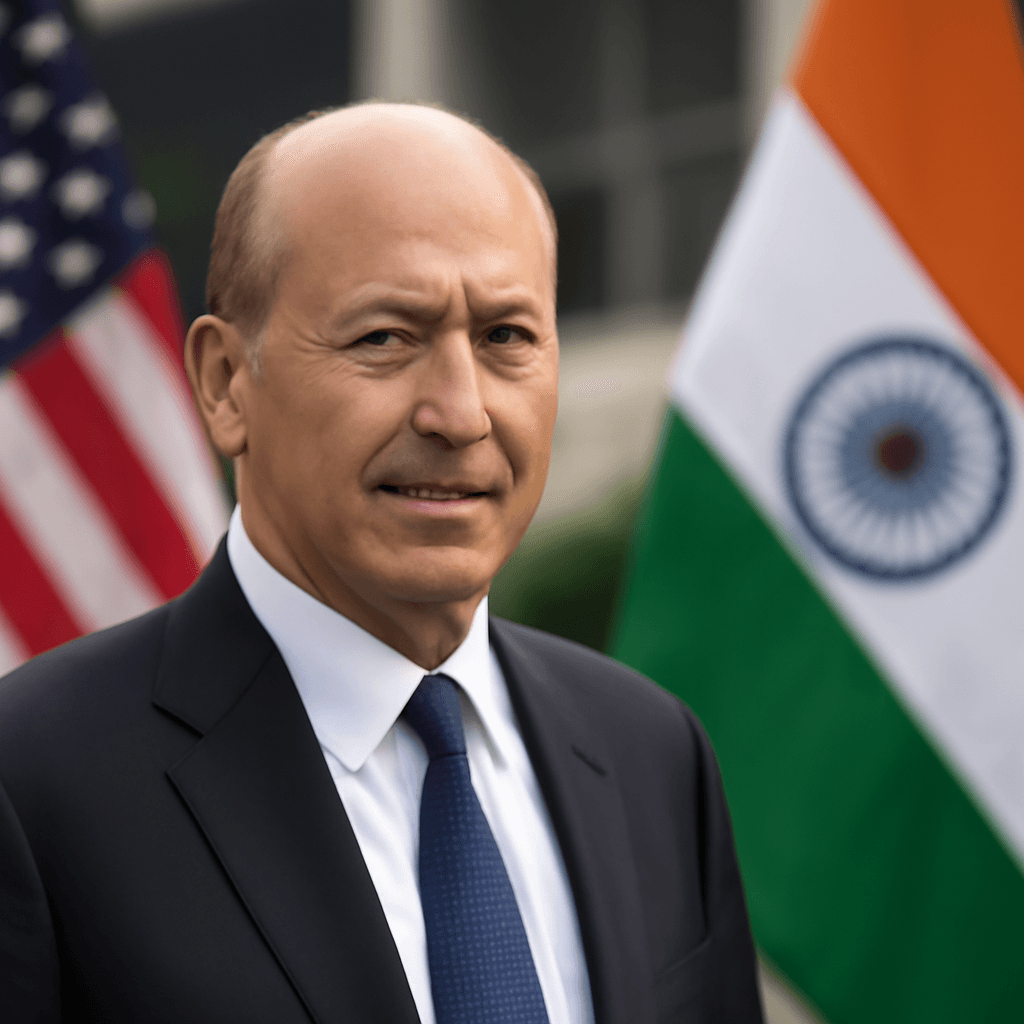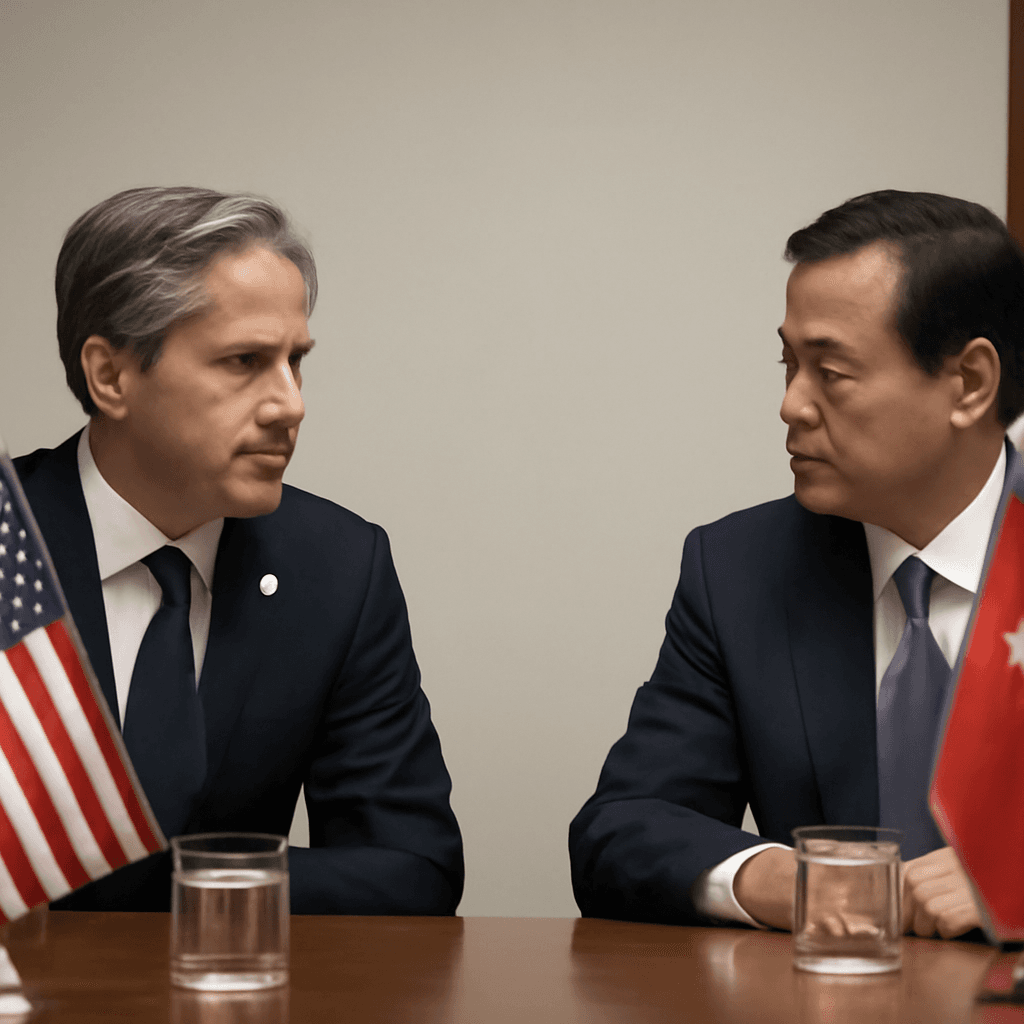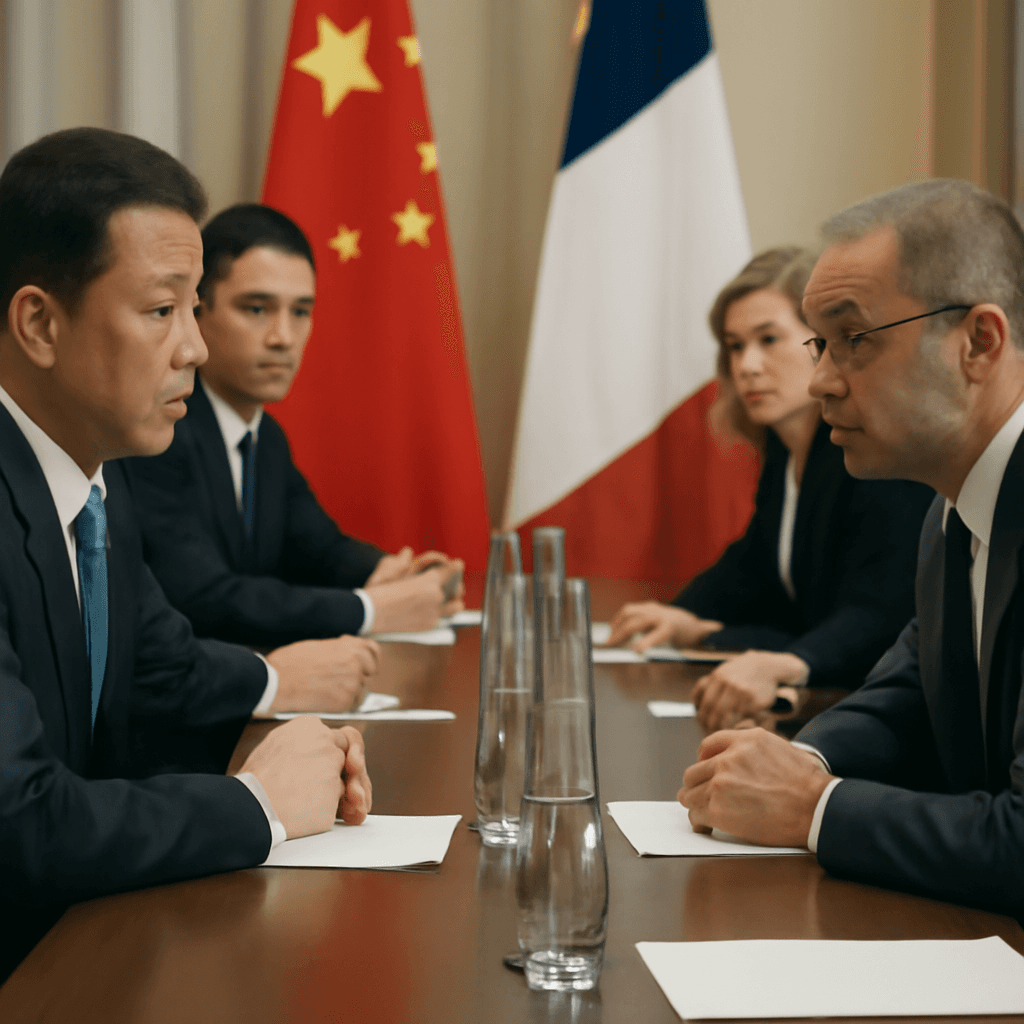White House Progresses Toward Trade Deals Ahead of Tariff Pause Expiry
Deputy Treasury Secretary Michael Faulkender announced significant progress in ongoing trade negotiations, indicating that the administration is close to finalizing multiple trade agreements. The developments come as the United States approaches the July 9 deadline for a 90-day tariff pause established earlier this year.
90-Day Tariff Pause and Negotiation Timeline
In early April, the President imposed a 90-day suspension on new tariffs across most U.S. trade partners. This moratorium aimed to provide a window for reaching agreements to resolve trade disputes and avoid steep levies. The administration initially aspired to complete "90 deals in 90 days," signaling an ambitious agenda to reshape trade relations.
While only a limited number of agreements have been formally announced to date, Faulkender emphasized that negotiation efforts remain robust, with "very good progress" made on several fronts. He expressed optimism that new deals would be publicized before the pause expires, contingent on reciprocal progress and goodwill from trade partners.
Challenges and Strategic Considerations
Negotiations continue to be complex and fluid, requiring careful coordination and diplomatic engagement. Faulkender stated, "We want to see that we reach at least terms of an agreement prior to the expiration of that pause, as long as trade partners make progress and demonstrate goodwill."
The White House is determined to finalize as many agreements as feasible within the current timeframe to provide clarity and stability to both American businesses and financial markets.
Current Trade Tensions Impacting Progress
Despite these efforts, market sentiment has been affected by renewed trade tensions, particularly with China. The bilateral trade conflict, fueled by tariff escalations over recent months, appeared to ease briefly before frictions resurfaced last week. The U.S. accused China of not fulfilling commitments related to critical mineral exports, whereas China cited U.S. immigration restrictions and visa policies as undermining previous agreements.
National Economic Council leadership hinted at the potential for a high-level dialogue between the U.S. President and China’s President Xi Jinping as early as this week, suggesting ongoing avenues for negotiation and conflict resolution.
Market Reactions and Outlook
Stock futures reflected investor concerns about trade disputes, showing downward movement amid renewed uncertainty. However, the progress reported by Treasury officials offers cautious optimism for improved trade relations if agreements are finalized within the current tariff pause period.
Key Points Summary
- Deputy Treasury Secretary Michael Faulkender: Positive progress with trade deals nearing completion.
- 90-day tariff pause set to expire July 9, with a target of announcing multiple agreements before then.
- Negotiations remain complex, requiring reciprocal goodwill from all parties.
- Tensions with China persist but high-level talks may occur soon.
- Market uncertainty evident despite diplomatic efforts.
The administration continues to prioritize concluding trade negotiations swiftly, aiming to deliver concrete outcomes that benefit the economy and global trade stability.

